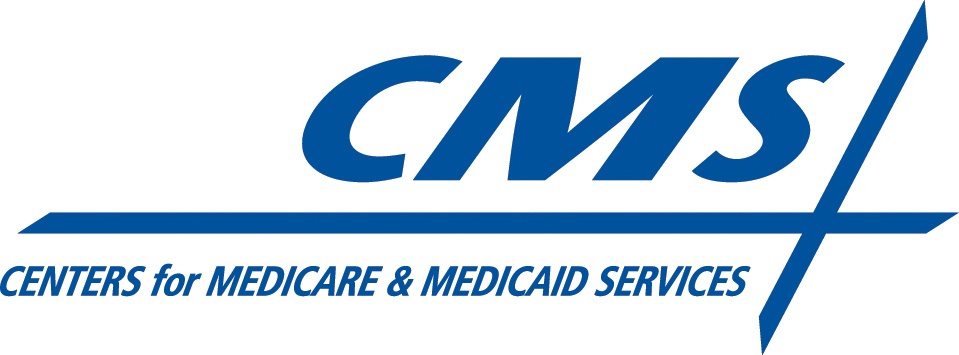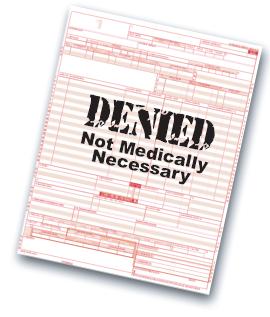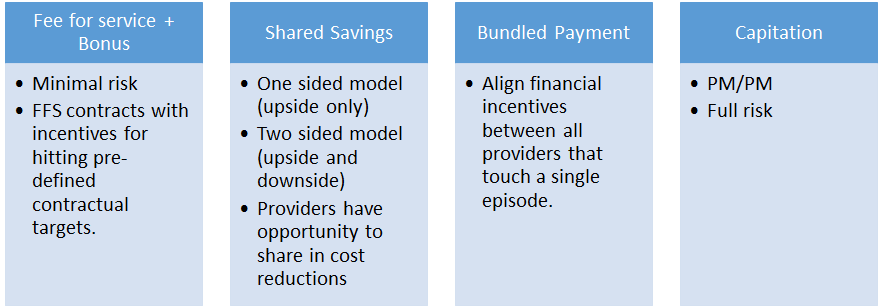 By: Susan St. John
By: Susan St. John
So, you’ve received a letter from the Zone Program Integrity Contractor or “ZPIC” to review for the accuracy and justification of services reimbursed by the Medicare program. In other words, a dreaded ZPIC Audit or ZPIC Investigation. Now What?!
First, remain calm. Chances are an audit by ZPIC will go well if you have been diligent in completing patients’ medical records, justifying medical necessity, and your billing is accurate and well supported by the patients’ medical records. Even if errors are discovered, most errors do not represent fraud, that is, the errors were not committed knowingly, willfully and intentionally. Still, a ZPIC audit can be daunting and if Medicare has noticed a pattern of billing that it considers suspect, or there has been a complaint against you, the ZPIC audit will be rigorous, and often adversarial. The ZPIC’s job is to protect the program from potential fraud. It will conduct data analysis, including statistical outliers within a well-defined group, or other analysis to detect patterns within claims or groups of claims that might suggest improper billing. Data analysis can be undertaken as part of a general review of claims pre or post submission, or in response to information about specific problems arising from complaints, provider or beneficiary input, fraud alerts, CMS reports, Medicare Area Contractors, or independent governmental or nongovernmental agencies.Continue reading

 By:
By:  By:
By: 
 By:
By: 




